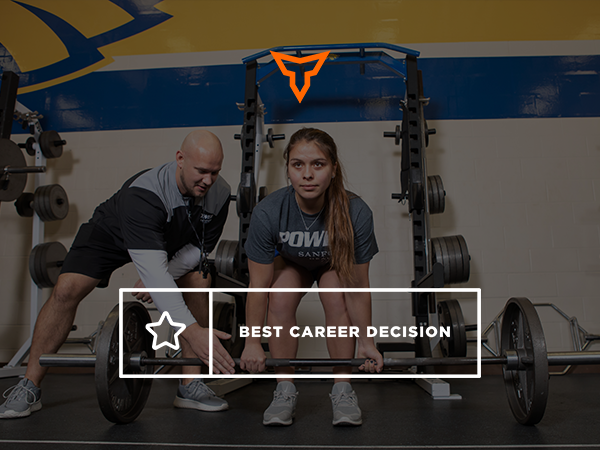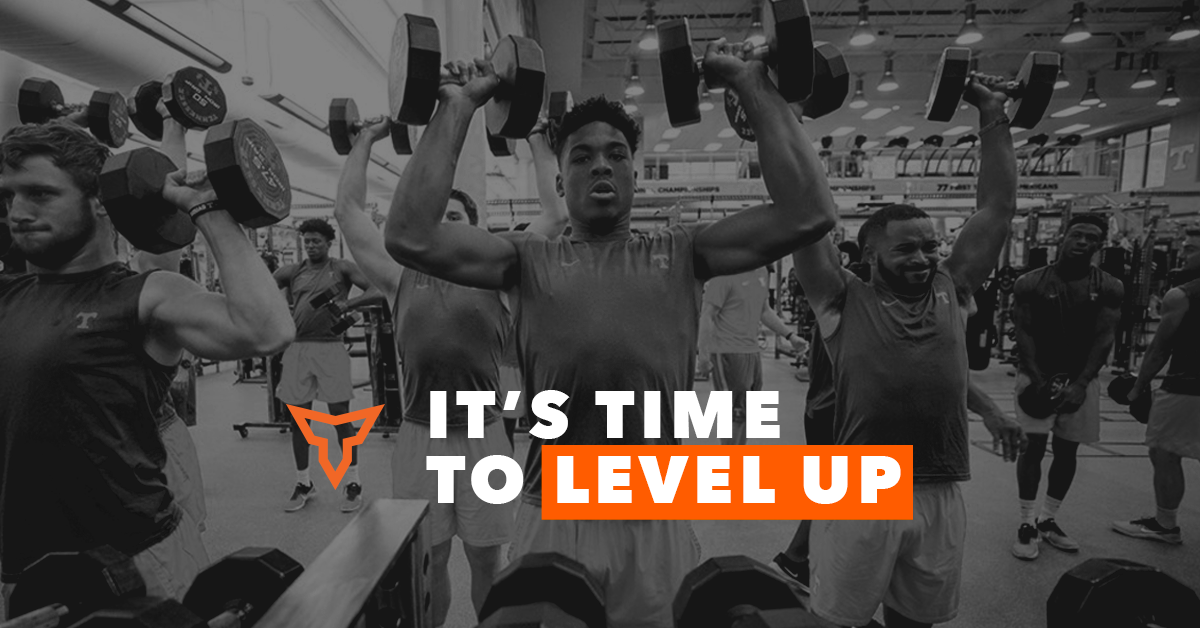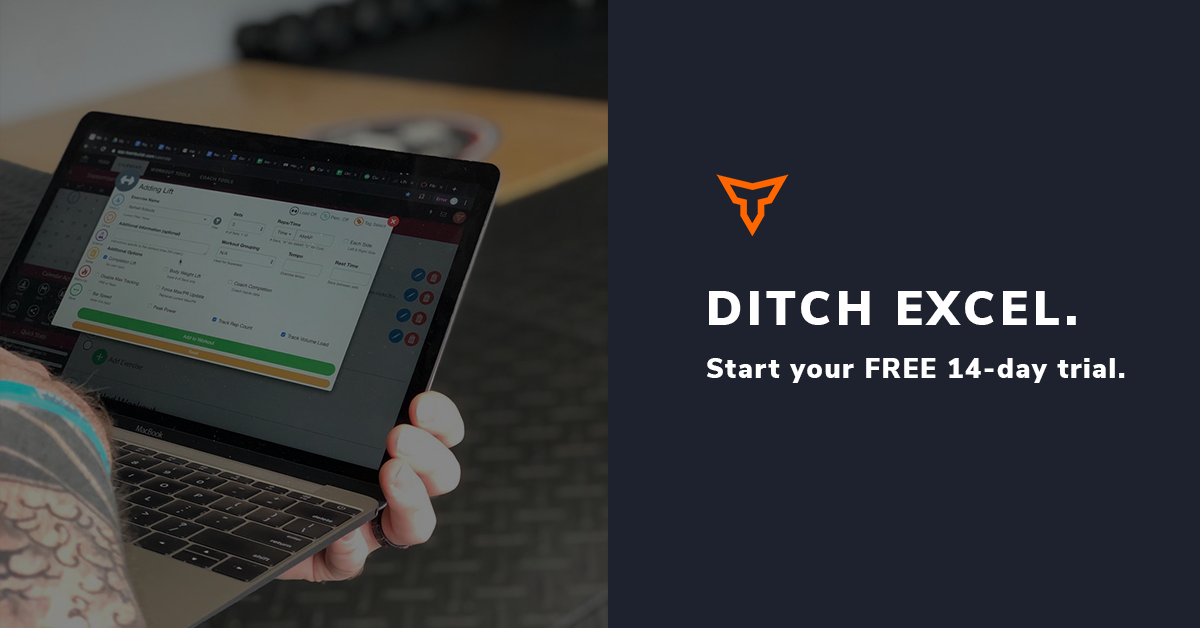Certifications to Consider That is Not the CSCS
I’ll start this topic by giving a little background on myself and the strength and conditioning coach certifications I have, so you know the perspective I am coming from. Currently, I am the Head Strength and Conditioning Coach at Birmingham-Southern College (BSC), where I am responsible for all 22 athletic programs. Before coming to BSC, I was a Graduate Assistant and Assistant Strength and Conditioning Coach at the University of West Florida (UWF). Prior to my stint at UWF I interned at Samford, EXOS, and another private training facility called Southern Performance.
The first certification I obtained out of undergrad was the Exercise Physiologist Certification (EP-C) thru the American College of Sports Medicine (ACSM). At the time I was an Assistant Strength and Conditioning Coach at Southern Performance, and also working and training at a prestigious Yacht club. I was still figuring out the strength and conditioning industry, but I knew I wanted to train people and wanted to stand out somehow. The EP-C gives me the ability to work with Corporate wellness programs, fitness facilities, hospitals, rehabilitation clinics, and also work in a lab doing research; or just train individuals like a normal personal trainer. Next, I interned at EXOS and took their EXOS Performance Specialist Certification while I was there. Again, I was still learning about the strength and conditioning industry, but I knew if I wanted to be the best then I had to learn from the best. The EXOS certification is valuable because it offers 24-hour’s worth of video content that I feel will always be relevant in terms of learning the basics on program design, exercise selection, movement-based training, nutrition, recovery, and coaching.
After my internship with EXOS I knew the collegiate setting was where I wanted to be, so I sought after the CSCS. Well, I obtained my CSCS and then 6-months later obtained the Strength and Conditioning Coach Certified (SCCC) certification, which I hate to say but it basically made my CSCS useless with me being at the collegiate level.
Now, for those of you who are not familiar with the SCCC, it is offered through the Collegiate Strength and Conditioning Coaches Association (CSCCa). Here are just a few steps you must take in order to obtain the SCCC certification:
- Must have a bachelor’s degree
- Must have completed a 640-hour CSCCa approved internship and hours signed off by a CSCCa approved mentor
- Submit a program design to the CSCCa (template and instructions are provided)
- Pass the written exam
- Pass the practical exam, which consists of defending the program you submitted and being able to effectively demonstrate and coach certain exercises.
I am not going to speak for or on behalf of the organization, but if you are a collegiate strength coach then I would strongly advise you to be a part of the CSCCa.
Finally, the last strength training certification I received this past May was the Functional Range Conditioning Mobility Specialist certification (FRCms). I sought after this coaching certification because I wanted a better understanding of how to achieve long-term movement proficiency. I personally felt some certifications were this constant, never-ending cycle of short-term mobility improvements just to get through a training session or practice, but no real long-term changes were being made or emphasized. I personally use FRC concepts with all of my sports and have used it to help improve my own movement limitations.
Now, when it really comes to deciding what certifications to consider it comes down to your situation and what tools you feel will make you a better coach, so I will break this next section down into Essential vs. Non-Essential vs. Specialized certifications.
Essential Certifications
In 2015 the NCAA passed legislation that all Division I full-time strength and conditioning coaches be certified through an accredited certification. More specifically, the certification must be accredited by the National Commission for Certifying Agencies (NCCA), must require an undergraduate college degree, require a continuing education component, and require current first aid, CPR and AED certification. The only certifications to my knowledge that meet that criteria are the CSCS, SCCC, and the Certified Strength Coach (CSC) from the National Council on Strength and Fitness (NCSF)
Nowadays, with the collegiate strength and conditioning field being so over saturated, it’s not enough to just have your CSCS certification. Some employers may hold more weight into one of the three listed above, so make sure you obtain the certification you feel is the most significant for your situation. Here are some logistics you may want to know before choosing which certification is right for you:
- CSCS exam: $340 for NSCA members or $475 for non-members, 55% pass rate, administered to 6,196 candidates last year (2018)
- CSC exam: $299 (I could not find any information on the pass rate, the difficulty level, or if the organization holds conferences)
- SCCC exam: $900 after all other fees associated, 61% pass rate, administered to 246 candidates last year (2018) with only 129 passing both portions.
It's important to note to make sure you do your research and make sure the organization is something you want to be a part of as well because that is more valuable than the certification in my opinion.
Specialty
When I was interning, I had a buddy of mine who is a phenomenal coach applying for collegiate strength and conditioning jobs. I’ll never forget him being super close to getting a job but being turned down for the job because the other candidate had his PRI certification. I was like, “What the heck is PRI?”. It stands for Postural Restoration Institute, but the certification I am referring to is the Postural Respiration course. They offer numerous amounts of courses, but from the strength coaches that I know who employ PRI techniques use it to address breathing and posture and relate it back to movement and asymmetry. So, with that being said, any specialty certification is just extra tools at your disposal. No certification is better than another but choosing a specialty certification depends on what you find will be valuable to your athletes’ overall athletic performance, your previous experiences, and your overall coaching philosophy.
If you are not an “Olympic lifting guy” then you wouldn’t get USAW certified or if you’re not a “Speed Guy” then the Parisi Speed System wouldn’t be of interest to you. I was fortunate enough to be under some great Olympic lifting and speed coaches while I was interning, plus those tools are only a small part of my programming. Therefore, getting USAW certified or obtaining a speed certification are not high on my list of priorities at the moment.
Here is a list of specialty certifications that are popular right now and worth looking into no matter what realm of strength and conditioning you are in:
- Reflexive Performance Reset (RPR)
- Functional Range Conditioning (FRC)
- Postural Restoration Institute (Postural Respiration Course):
- Titleist Performance Institute (PRI)
- Functional Movement Screen (FMS)
- Dynamic Neuromuscular Stabilization (DNS)
- USA Weightlifting (USAW)
Non-Essential Certifications
It is important to note that when I say Non-Essential, I am not saying that these certifications are of lesser importance than the Essential Certifications. However, they are not accredited through the NCCA nor focused on a specific area within strength and conditioning. Here is list of Non-Essential Certifications that provide excellent theoretical and applicable knowledge for you and the population you work with:
- International Sports Sciences Association-Strength and Conditioning Certification
- National Academy of Sports Medicine-Performance Enhancement Specialist
- Dr. Brent Brookbush’s Human Movement Specialist Certification
What Certification or Course is next for me?
The next certification I am looking to obtain will either be RPR Level 1, DNS Weightlifting, or DNS Exercise 1. The RPR system was brought about by Chris Korfist, Cal Dietz, and JL Hodsworth. The basic premise behind RPR is to reset the body out of a sympathetic state where compensation patterns are likely to occur, so the athlete can “reduce pain, increase flexibility and help your body become more resilient to injury.” At first, I was skeptical and even my own colleague at West Florida was RPR certified, but I blew him off and felt it was gimmicky at the time. Now, I am becoming more of a believer after hearing other coaches and seeing RPR being done with big football programs. Plus, at a price point of around $250 for Level 1 that is a steal and worth seeing what all the fuss is about. If you think that is a high price point, then you don’t even want to look into the FRC, DNS, or PRI courses.
Lastly, I had experienced DNS through the physical therapists that were at EXOS. The basic premise behind DNS is that the nervous system creates programs that control posture and human movement. Well, these “motor control” programs are said to be established during the first critical years of life. Again, when I was at EXOS the different positions, the crawling, and rolling patterns made no sense to me. It really wasn’t until I started training kids who were fresh out of high school or observing high school kids not being able to march, crawl, roll, or just land properly was when I knew that DNS could be a highly effective tool for this newer generation of kids who are developmentally hindered by technology. Apparently if you go baby shopping, you’ll see all sorts of products to help babies walk faster or protect their knees while crawling, but does anyone ever think that these products could negatively impact that child’s neuromuscular development?
Some of the DNS exercises and “wake up drills” used in RPR may look silly, but if it can keep my athletes playing better and playing longer than it’s worth looking into in my opinion. Sure, the certifications can make you look better on paper, but I just see them as more tools to use at my disposal to improve my athletes’ overall performance.
If I see that my current methods are not getting the job done or there are more effective ways to keep my athletes healthy and performing better, then I will seek out those certifications or courses by any means necessary.
Subscribe to our blog
Subscribe to receive the latest blog posts to your inbox every week.
Related posts
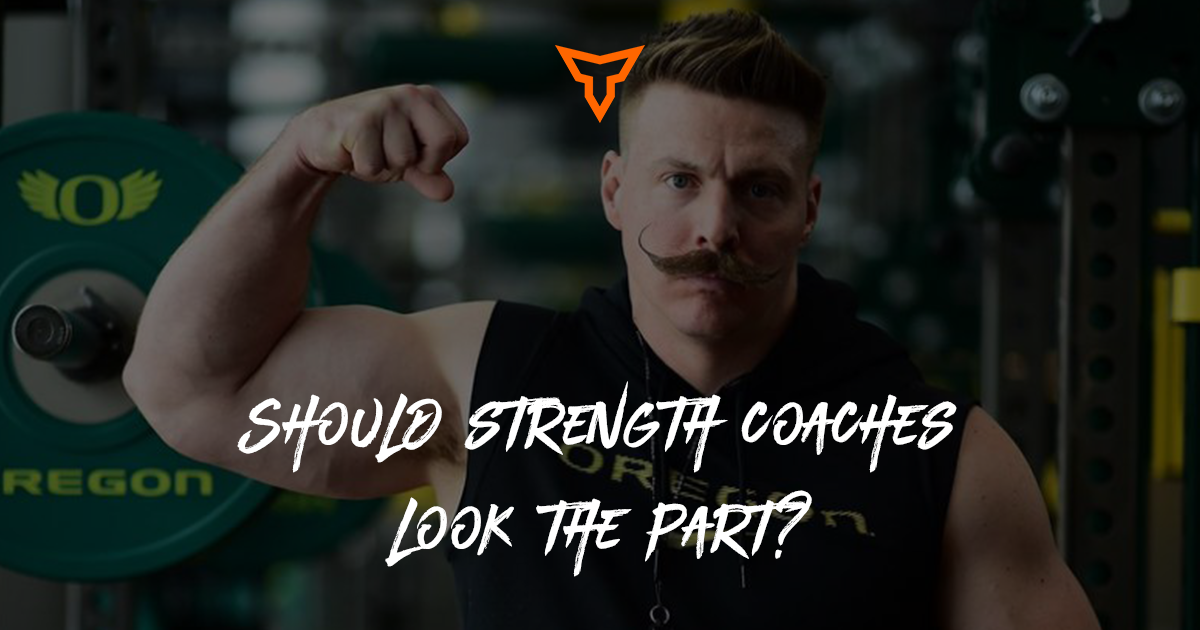
Should Strength Coaches Look the Part?
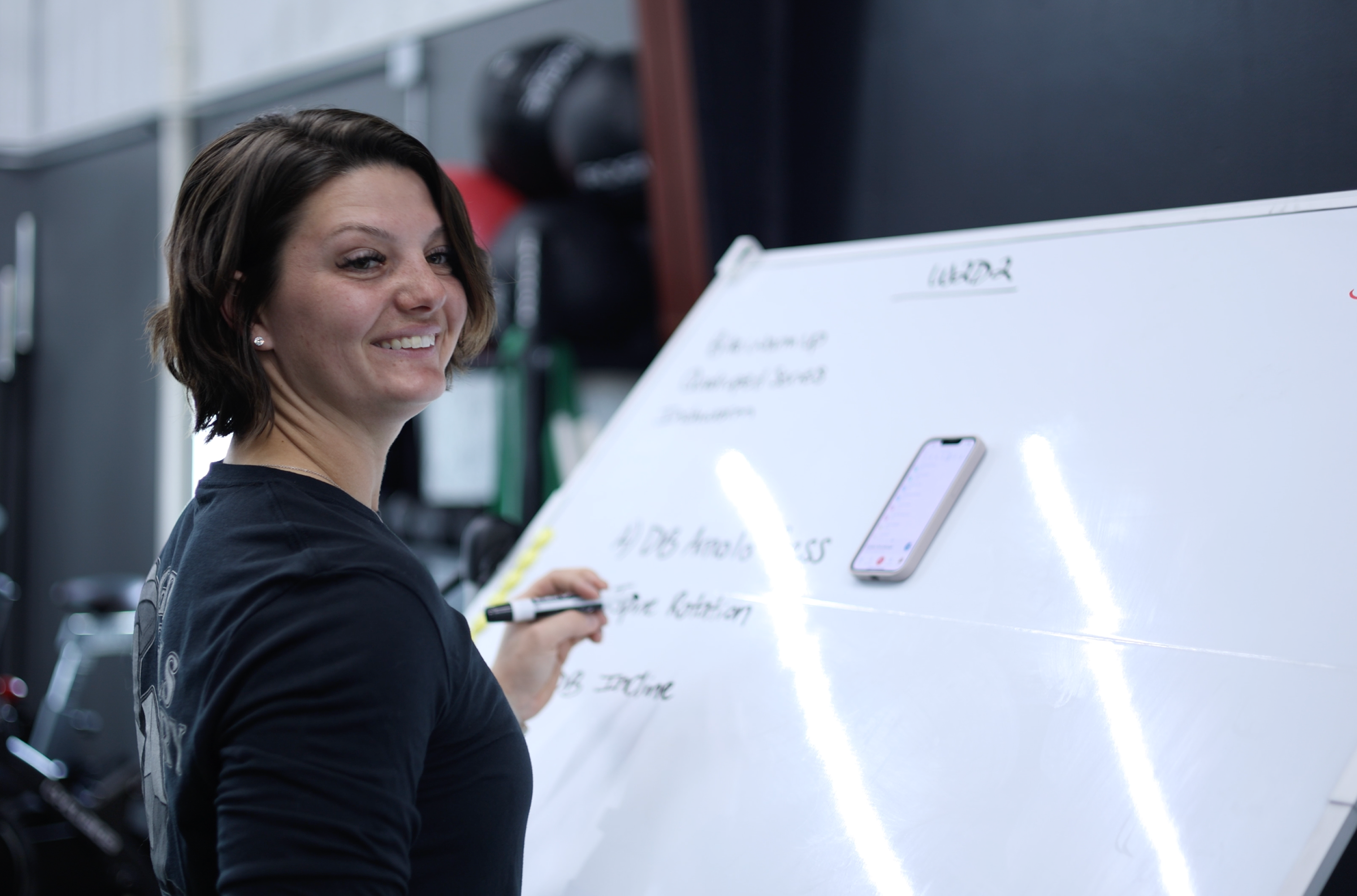
Raising the Bar for Strength & Conditioning Internships
